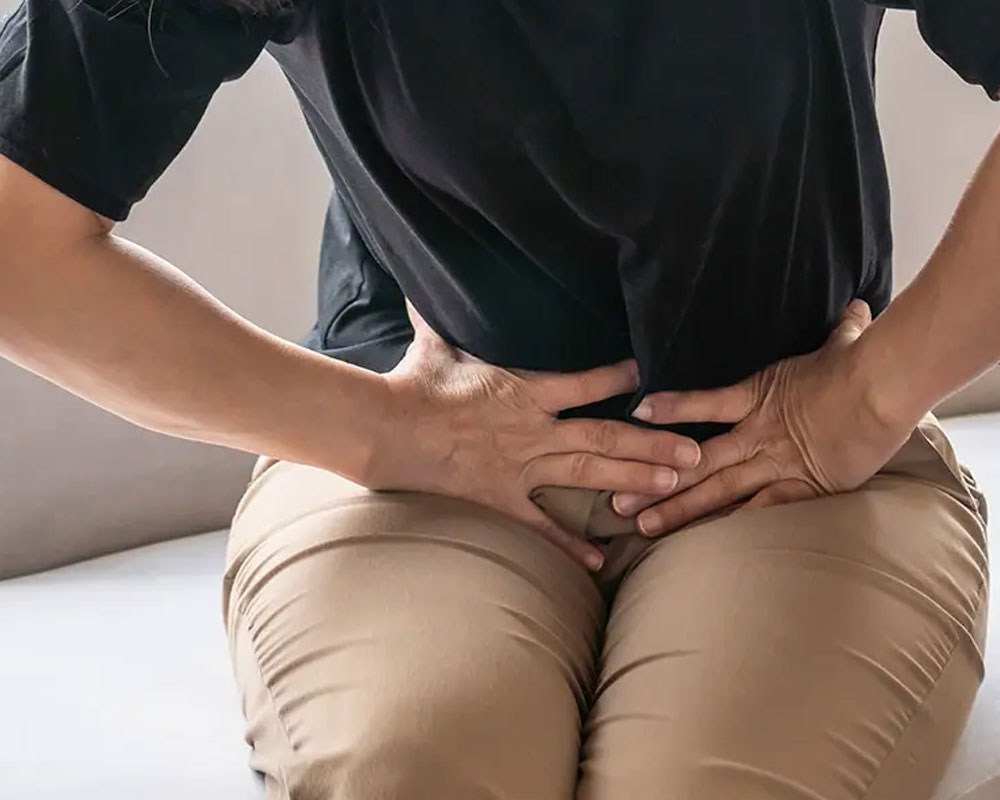
Women's Health Physio
Women’s Health Pelvic Floor Physiotherapy is a specialised branch of physiotherapy that focuses on the assessment and treatment of conditions related to the pelvic floor muscles in women. Braybrook Physio offers comprehensive pelvic floor physiotherapy services tailored to meet the unique needs of women.
Symptoms of Pelvic Floor Dysfunction
Pelvic floor dysfunction can manifest in various ways, and it is important to recognise the symptoms that may indicate the need for women’s health pelvic floor physiotherapy:
- Urinary Incontinence: Accidental leakage of urine during activities such as coughing, sneezing, or exercising.
- Pelvic Organ Prolapse: A sensation of heaviness or pressure in the pelvic region, often accompanied by a bulging sensation.
- Pelvic Pain: Discomfort or pain in the pelvic area, including the lower abdomen, groin, or perineum.
- Dyspareunia: Pain during sexual intercourse.
- Pre and Postnatal Concerns: Addressing issues related to pregnancy, childbirth, and postpartum recovery.
A thorough assessment is an essential part of women’s health pelvic floor physiotherapy. During the assessment, our experienced physiotherapists will evaluate the strength, coordination, and endurance of the pelvic floor muscles, as well as assess any dysfunctions or imbalances.
At Braybrook Physio, we are committed to providing comprehensive women’s health pelvic floor physiotherapy services to address a wide range of pelvic floor concerns. Our skilled and compassionate physiotherapists understand the importance of pelvic wellness and strive to create a comfortable and supportive environment for all our patients.
Through a combination of evidence-based techniques and personalised treatment plans, we aim to restore pelvic wellness and function. Our approach may include:
- Pelvic Floor Exercises: Specific exercises to strengthen and improve the coordination of the pelvic floor muscles.
- Education and Lifestyle Modifications: Guidance on adopting healthy habits and techniques to support pelvic floor health.
- Manual Therapy Techniques: Hands-on techniques to release tension, improve muscle function, and address trigger points.
- Biofeedback Training: Using specialised devices to provide real-time feedback and enhance awareness of pelvic floor muscle activation.
- Behavioural Strategies: Assisting in managing bladder and bowel habits to optimise pelvic floor function.
- Relaxation Techniques: Teaching relaxation exercises to relieve pelvic floor muscle tension.
- Electrical Stimulation: Using gentle electrical impulses to enhance muscle function and promote healing.
If you’re experiencing symptoms related to the pelvic floor or seeking specialised women’s health pelvic floor physiotherapy, look no further. Our experienced physiotherapists are here to provide a comprehensive assessment, personalised treatment plan, and ongoing support to address your pelvic floor concerns.
Your first consultation will be approximately 1 hour to do a full assessment and get your program started. Current research shows correct pelvic floor exercises can help reduce labour time, improve healing post-delivery, prevent incontinence and improve function.





